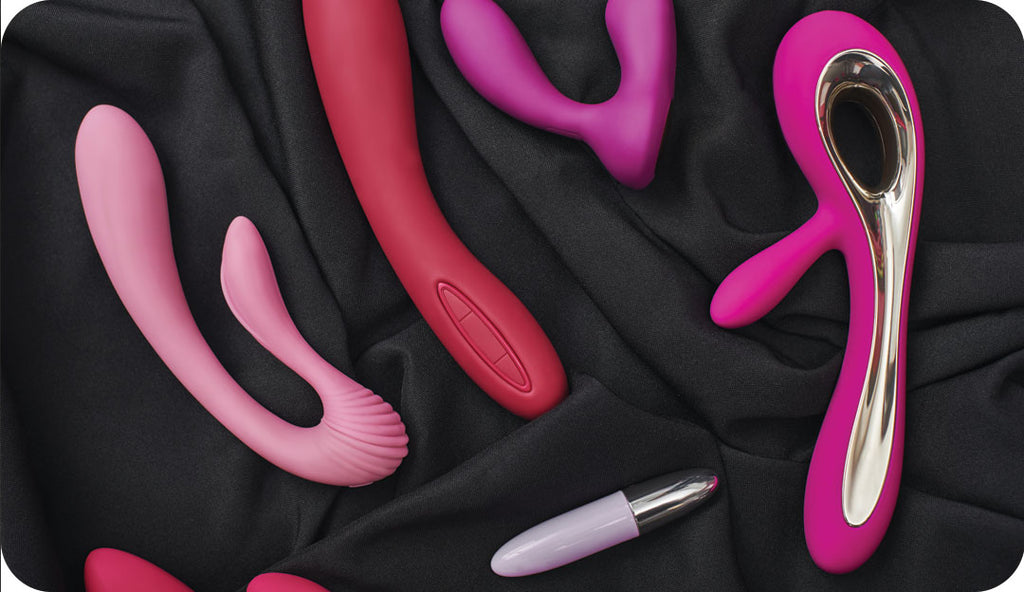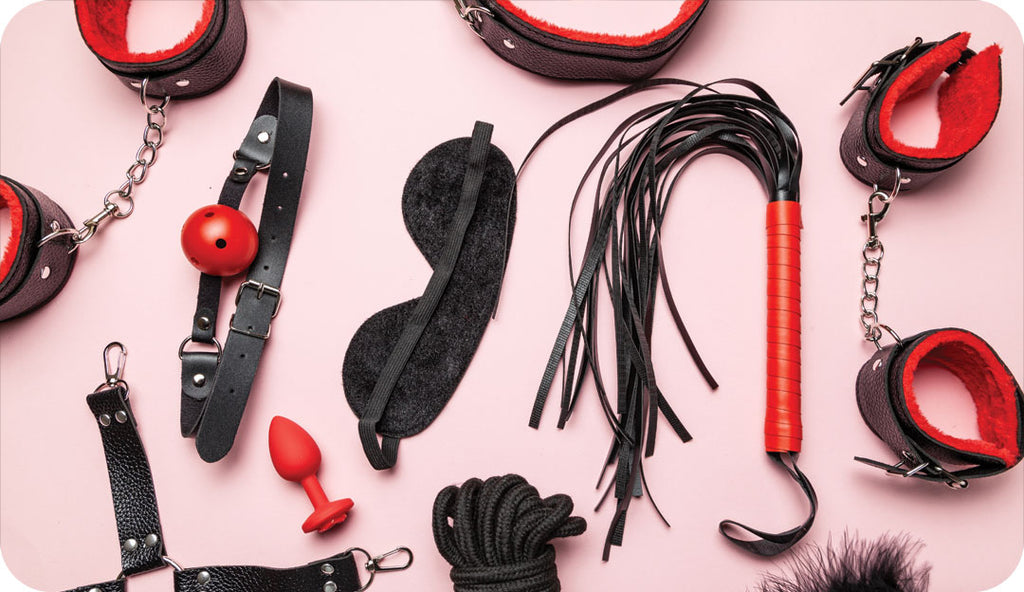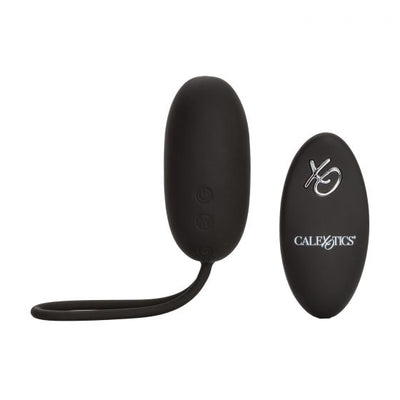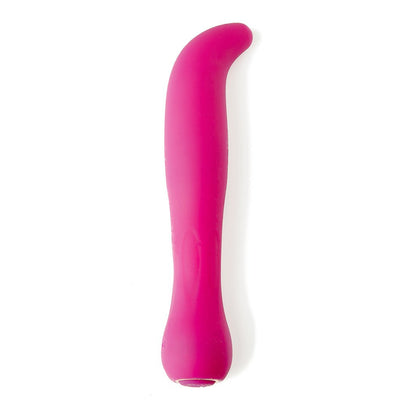Everyone wonders whether or not they’re normal from a sexual standpoint. This is especially the case when it comes to their libido or sex drive. People wonder whether they’re too obsessed with sex or maybe not obsessed with it enough. They’re curious as to whether what they’re into is typical, and they often wish they knew more about their libido’s connection to their overall health as well.
Here’s a closer look at everything you need to know about your libido. You’ll learn more about what your libido really is, as well as whether or not yours is typical or unusual. You’ll find out more about how to maintain and enjoy your libido throughout every phase of life as well.
What Exactly Is a Libido Anyway?
Contrary to popular belief, your libido is not the same thing as your sexual response or sexual arousal. However, it is closely related to those things. Most sexual health experts describe a person’s libido as the psychological component of their sexual desire. Your libido is what compels you to pursue sexual gratification in the first place, whether that’s on your own or with a partner.
If sexual arousal describes what’s going on in your body when you’re thinking about sex or engaged in sexual activity, your libido covers what’s actually going on with you mentally. It’s about what you fantasize about, what turns you on, and what types of thoughts usually trigger a physical sexual response.
What’s a Normal Libido Like?
When it comes to the human libido, there’s really no such thing as normal. Everyone is different, and each person is going to have their own idea of what feels comfortable and “right” for them. Some people are very highly sexed and would be perfectly happy to have sex multiple times a day. Others have much lower sex drives and are fine with just the occasional sexual release. Still more people consider themselves asexual and almost never feel the need to seek out sex. All of these people are normal.
Men, women, and intergender individuals can all have either high or low libidos. The same goes for people of every possible sexual orientation. If you’re comfortable with your libido and don’t feel it affects your life or relationships in a negative way, there’s absolutely no reason to change anything. If you feel a health issue you might have or a medication you’re taking may be affecting your libido in a way that doesn’t feel normal for you, speak with your physician so you can find a solution together.
Is It Normal for it to Come and Go?
It’s also normal for people to experience dips and peaks in their sex drive over time. Most people know what it’s like to be insatiably horny at times, but then to barely feel like having sex at others. Ebbs and flows in your libido are natural, normal responses to different things that may be going on in your life, how your relationships are at any given time, and how healthy you might be overall.
Hormonal fluctuations can affect your libido as well. (This is something everyone experience.) Yes, the fluctuations can be related to things like a woman’s monthly menstrual cycle, but people’s hormones change and fluctuate as they enter and leave various life phases as well. Someone who’s middle-aged or older shouldn’t expect to have the same libido they did when they were a teenager, for instance. It may be lower, higher, or roughly the same, and all of that is normal.
What Are Some Good Ways to Stimulate Libido?
If you’ve been experiencing low libido and aren’t happy about it, you’re totally within your rights to want to give it a jump start. Sex is an important part of how we bond with a partner. It can be a big part of our larger identity as a person as well. Assuming you don’t have a medical issue that should be addressed, any of the following are great ways to get your sex drive back where you want it to be:
- Spend more time engaging in non-sexual physical intimacy with your partner (e.g. cuddling, hugging, or massage). It helps create opportunities for your desire to activate.
- Read erotica, check out some porn, or spend some time fantasizing. It can help put you in a sexier mindset overall.
- Invest in a sex toy (or several) and treat yourself to a little private time. The more orgasms you have, the more you’ll want to have.
- Speak with a sex therapist, and ask for additional ideas on how to get your groove back.
At the end of the day, it’s perfectly normal to want a better, more satisfying sex life, especially if you’re married or in a relationship. Learning to understand your libido better is a great start to getting back where you want to be.





















